Publications
Articles, publications, books, tools and multimedia features from the U.S. Institute of Peace provide the latest news, analysis, research findings, practitioner guides and reports, all related to the conflict zones and issues that are at the center of the Institute’s work to prevent and reduce violent conflict.
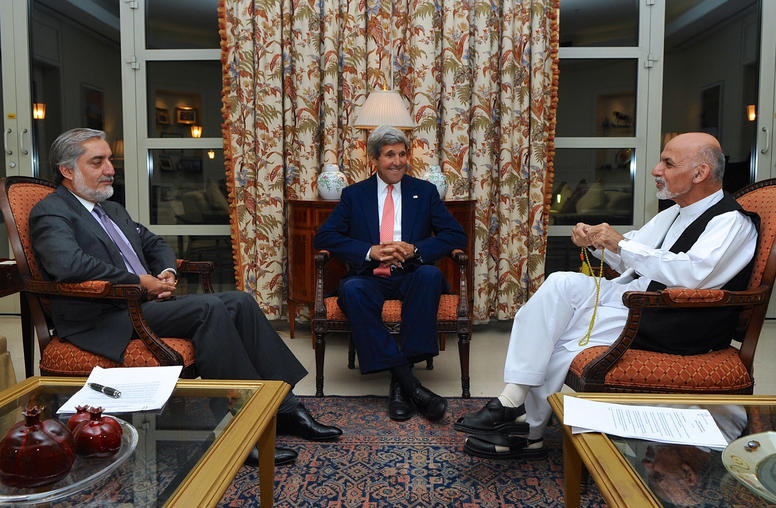
Another Afghan Election Crisis and the Challenge of Power-Sharing
Approximately five and a half months after Afghanistan held nationwide presidential elections in September 2019, incumbent President Ashraf Ghani and runner-up Abdullah Abdullah have held parallel inauguration ceremonies this week, with each side claiming the authority to form the next government. The current political crisis complicates efforts to open up broader power-sharing talks with the Taliban called for under an agreement signed in Doha at the end of February, as President Ghani seeks to consolidate his authority, and Abdullah and his supporters seek to claim a seat at the negotiating table.
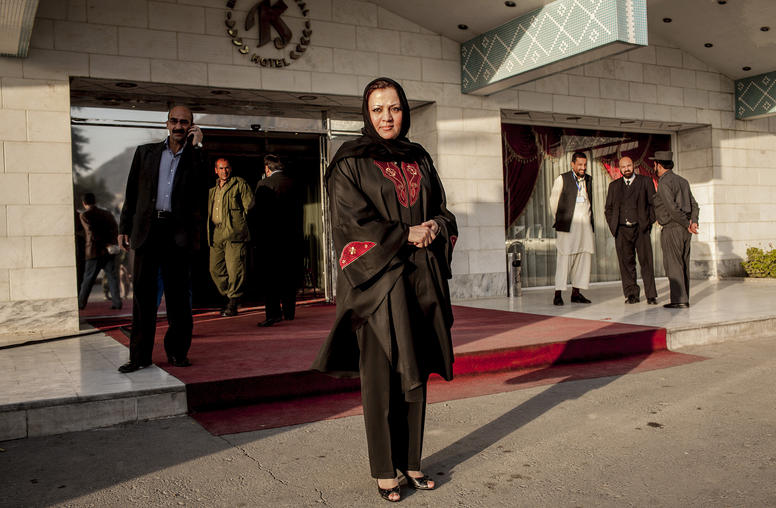
What Women Have Won
Five years ago, as the newly appointed and first woman president of the United States Institute of Peace, I was celebrating International Women’s Day in Kabul with the wonderful Afghan women on our USIP country team. Having first visited Afghanistan in 1997, when the country was in the grip of the Taliban, it was a joyous opportunity to mark nearly two decades of progress with this group of professional women—lawyers, scholars, and program managers.

Belquis Ahmadi on Afghan Women and the Peace Process
Since 2001, Afghan women have assumed larger roles in society—becoming teachers, doctors and government officials. With intra-Afghan talks expected to begin this month, USIP’s Belquis Ahmadi says it’s important the Taliban “accept the reality that today’s Afghanistan is very different from the country they ruled” when it comes to women’s rights.
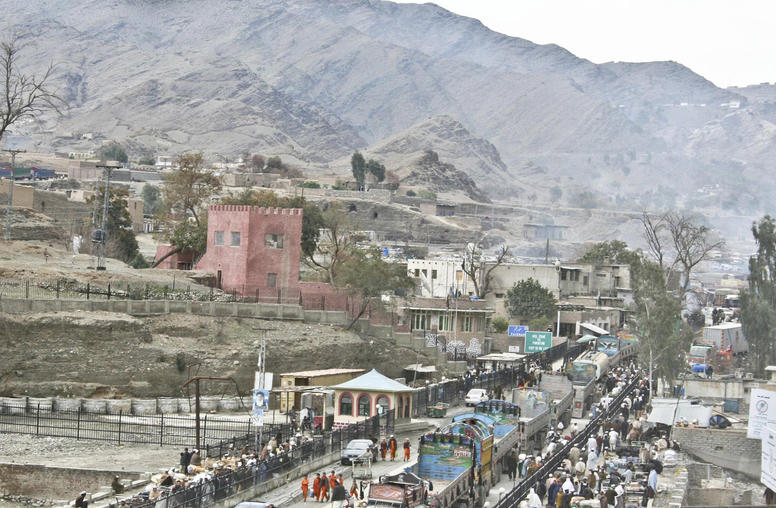
An Essential for Afghan Peace: Funding the Government
A critical ingredient for the current efforts to bring stability and peace in Afghanistan is the Afghan state’s ability to pay for more of its own operations. Despite optimistic new reports from the Afghan government, its actual revenues stagnated last year. With international donors still funding around half of Afghan government expenses, urgent improvements are needed in the way the government collects and measures its revenues. These changes are vital to persuade donors to sustain funding when their current assistance pledges expire in just 10 months—and to help strengthen the government in prospective negotiations with the Taliban.
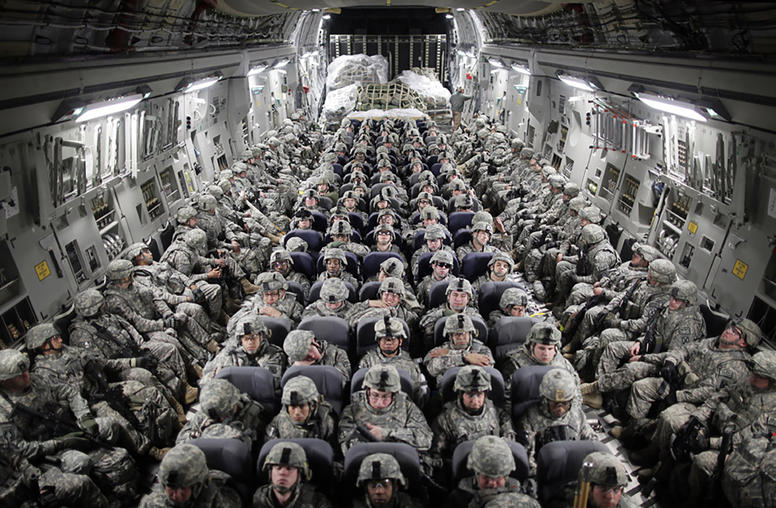
U.S., Taliban Sign Historic Agreement—Now Comes the Hard Part
After more than a year and a half of negotiations, the U.S. and Taliban struck a deal on Saturday that paves a way to end America’s longest war. The agreement was signed following a seven-day reduction of violence (RIV) period. While the RIV was largely upheld, the Taliban on Monday ordered its fighters to resume attacks against the Afghan army and police forces. Taliban spokesman Zabihullah Mujahid said that the insurgent group would not attack foreign forces, as stipulated in the U.S.-Taliban agreement. With the complicated intra-Afghan phase set to begin on March 10, the resumption of violence shows how fragile the peace process remains.
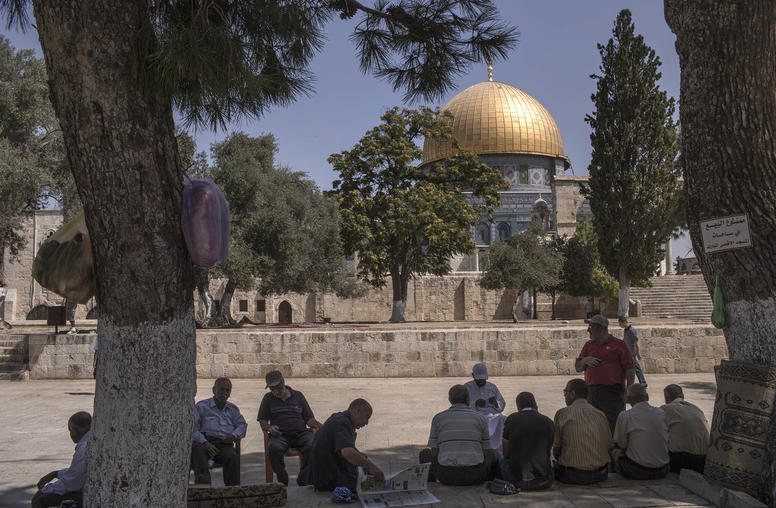
The Long View on Trump’s Israeli-Palestinian Vision
The Trump administration’s vision for addressing the Israeli-Palestinian conflict has provoked diverse reactions from the parties and the international community, leaving opponents and supporters continuing to analyze the initiative and chart their next immediate moves. But taking the long view, some implications of the plan can be glimpsed on the horizon.
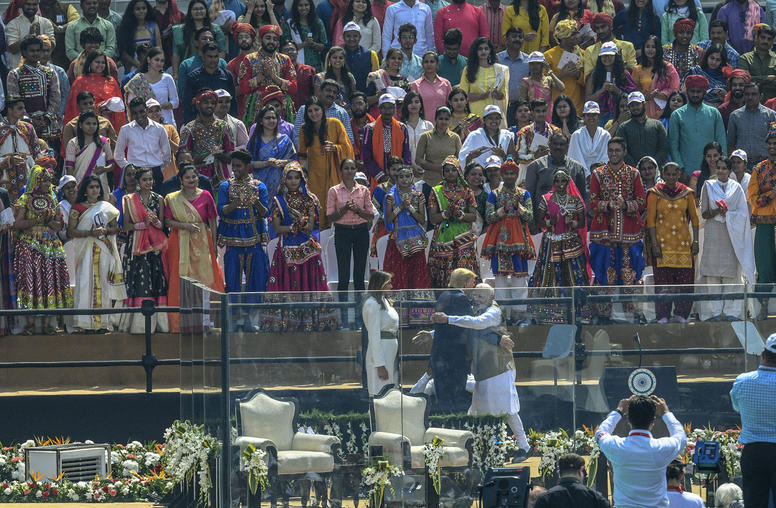
Four Things to Know About President Trump’s Trip to India
President Trump’s recent trip to India yielded no progress on a bilateral trade agreement, one of the main issues both leaders hoped to address. Despite the trade impasse, both President Trump and Indian Prime Minister Narenda Modi used the two-day trip to reinforce the positive relationship between the U.S. and India, as official discussions finalized several defense and energy deals. USIP’s Vikram Singh looks at the state of trade talks, the possibility of U.S. mediation in Kashmir, India’s regional stance on the Afghan peace process, and how China’s growing global influence impacts U.S.-India relations.
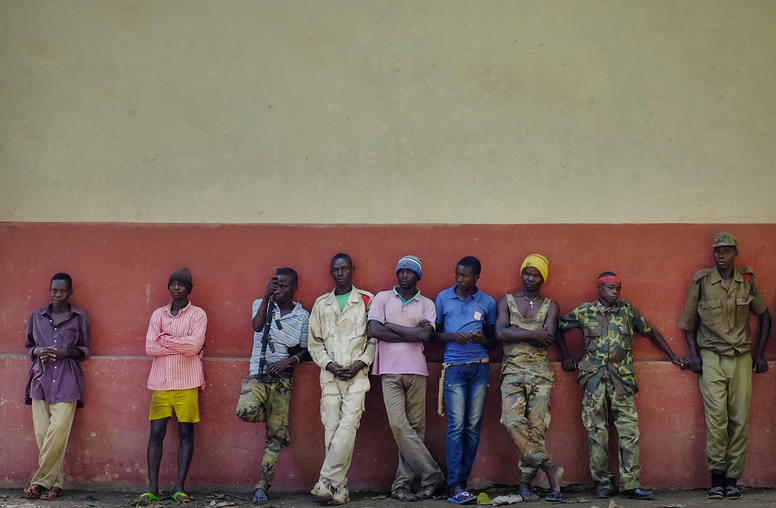
The “Green Diamond”: Coffee and Conflict in the Central African Republic
Coffee production is a fairly small part of the Central African Republic's economy, but it plays an outsize role in the country's ongoing conflict. Armed militia groups that hold sway over the country's main coffee growing regions and trade routes reap millions of dollars in funding to sustain their operations. This report discusses how understanding the political economy of conflict in the Central African Republic can help national and international stakeholders break the cycle of violence.

Vikram Singh on President Trump’s Trip to India
The visit did not yield a bilateral trade agreement, as many hoped it would. But USIP’s Vikram Singh says that despite the trade impasse, the trip did deliver defense and energy deals and reinforced “the symbolism of this partnership continuing to grow basically as it has for the entire 21st century.”
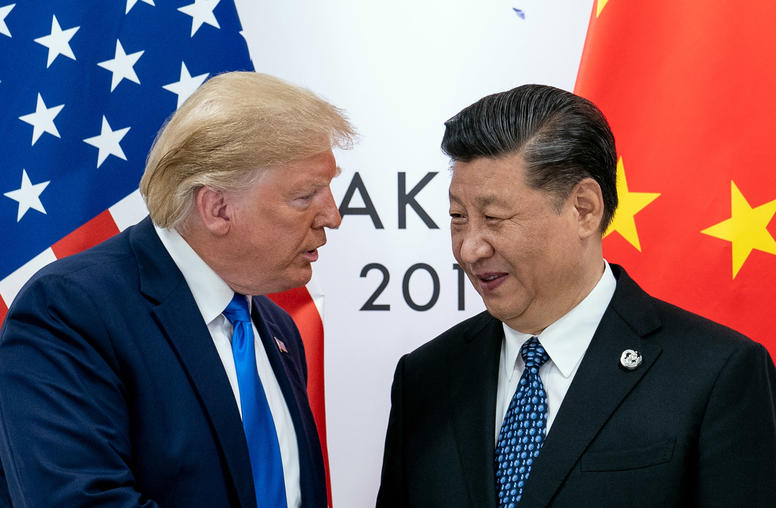
Who Cares if the U.S. is in a ‘New Cold War’ with China?
Enough already. It is time to stop debating whether the United States stands at the threshold of a “new Cold War” with China. The question has become an obsession among China watchers and foreign policy analysts. But the debate’s poorly defined nature sheds little light on the excruciating choices policymakers face when dealing with Beijing.